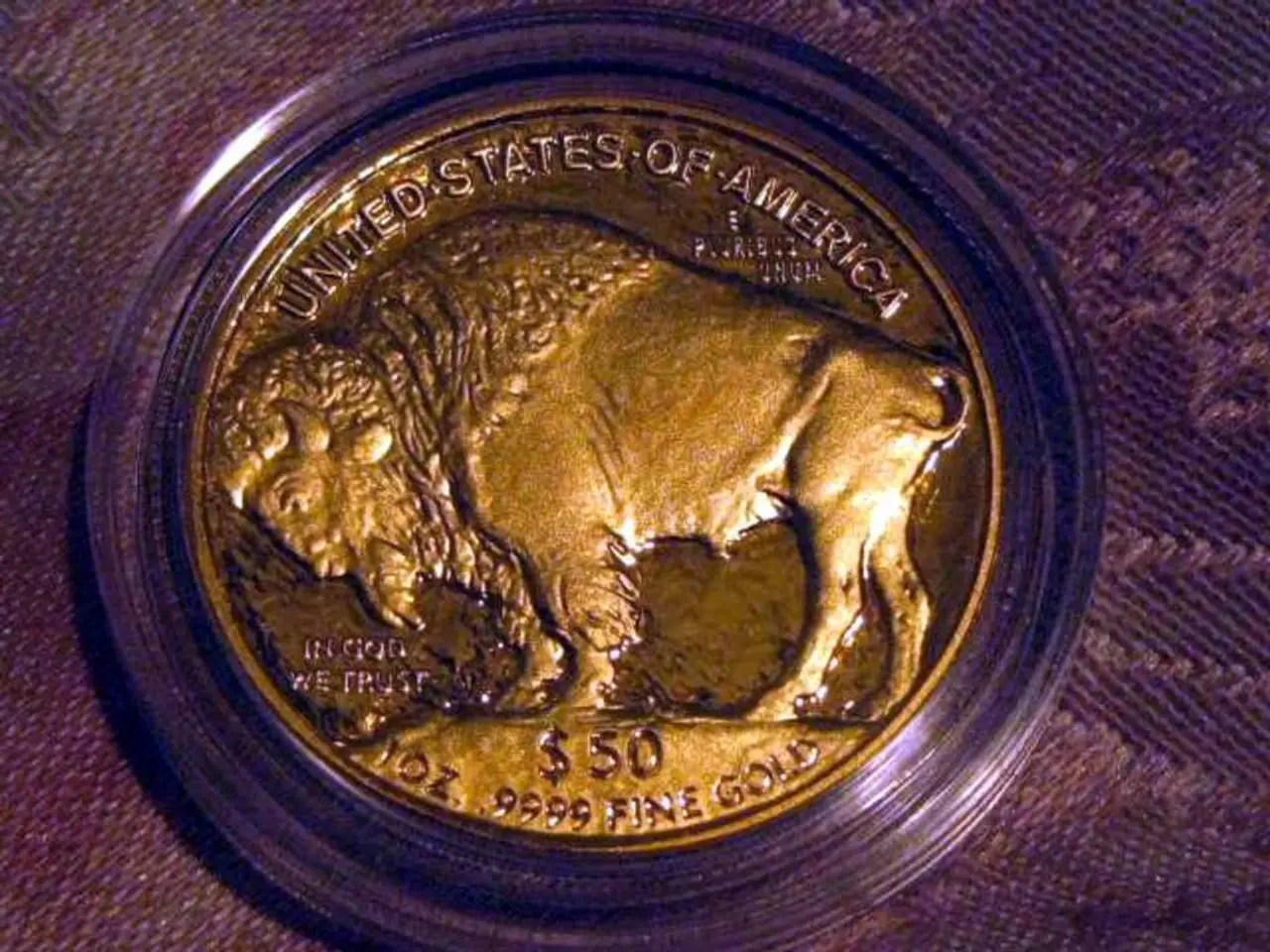EU sets Minimum Recycled Material Standards for Cars, eyeing expanded targets
Environmental ministers from the EU have reached a consensus on establishing compulsory recycling quotas for automobiles. - Environment ministers from the EU have reached a consensus on establishing uniform recycling standards for automobiles.
Wanna know about the new rules governing car recycling in the EU? Here's the lowdown!
Recycled Plastic Content Targets:
Car manufacturers are now required to incorporate a specific amount of recycled plastic in newly produced cars. The EU Council of Environment Ministers has agreed to a phased approach, starting with:
- 15% recycled plastic after six years,
- 20% by year eight,
- and 25% by year ten.
A minimum of 25% of the recycled plastic used should come from salvaged vehicles to promote circularity within the auto sector. The EU Commission has been granted the authority to grant exceptions in instances of recycled material shortages or overpricing.
To simplify administrative duties, manufacturers can develop circularity strategies for broad vehicle categories instead of tackling each model individually.
Looking Ahead: More Materials on the Horizon
Currently, the emphasis is on plastic, but the regulation allows for future minimum recycled content targets for steel, aluminum, and vehicle battery components. The intent is to diminish dependence on virgin raw materials and support the circular economy.
Impact on Auto Manufacturers
The phased approach and temporary derogations provide manufacturers a less stringent route towards compliance. The simplified circularity strategies and focus on vehicle categories simplify administrative burdens.
The EU's new rules aspire to drive the car manufacturing industry toward a more sustainable and resource-efficient model. This transformation will result in reduced waste, less reliance on imported critical raw materials, and structural integration of recycled materials in production processes.
Part of the transition includes a digital "circularity vehicle passport," aiming to enhance data transparency and ease compliance across the sector.
In summary, the EU's end-of-life vehicle regulation seeks to establish a balanced approach that merges environmental benefits with practical industry considerations. The gradual increase of recycled material use in vehicles will promote a circular economy while addressing costs and material availability risks[1][2][3][4].
- EU
- Car
- Plastic Recycling
- Steel Recycling
- Aluminum Recycling
- Battery Components
- Circular Economy
- Car Manufacturers
- Recycled Materials
- Circularity Vehicle Passport
- Environmental Benefits
- Cost Management
[1] It's European. (2023, February 24). EU sets recycling standards for cars to boost circular economy. Retrieved April 5, 2023, from https://www.itsemployers.eu/news/eu-sets-recycling-standards-for-cars-to-boost-circular-economy
[2] European Commission. (2023, February 24). European Commission press release: Greener and cleaner cars in Europe – Tighter rules on car recycling adopted. Retrieved April 5, 2023, from https://ec.europa.eu/commission/presscorner/detail/en/ip_23_252
[3] European Environment Agency. (n.d.). Waste from Machinery and Equipment. Retrieved April 5, 2023, from https://www.eea.europa.eu/data-and-maps/indicators/waste-from-machinery-and-equipment/waste-from-machinery-and-equipment
[4] European Parliament. (n.d.). Circular economy – Waste reduction and recycling approach. Retrieved April 5, 2023, from https://www.europarl.europa.eu/themes/research/pdf/download?reference=PEA-613.980&format=PDF
Scientists in the EU are encouraged to research ways to increase the recycled content of not only plastic but also steel, aluminum, and battery components in cars, as part of the commitment to environmental protection and the circular economy. Finance plays a crucial role in this transition as it will allow for the development of sustainable and cost-effective practices within the auto industry.
Industry players, such as car manufacturers, must work closely with environmental scientists and policymakers to find practical solutions for achieving these environmental protection targets, ensuring the health and safety of the environment, and meeting the EU's ambitious goals for a greener, cleaner, and more sustainable car industry.




